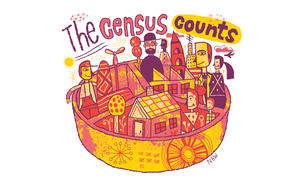article
January 2, 2018
Toolkit for "A Remote Control for Learning"
In "A Remote Control for Learning," Gene Luen Yang explains how students with different learning styles can benefit when instruction includes graphic novels and comics. Use this classroom activity to see how comics can


